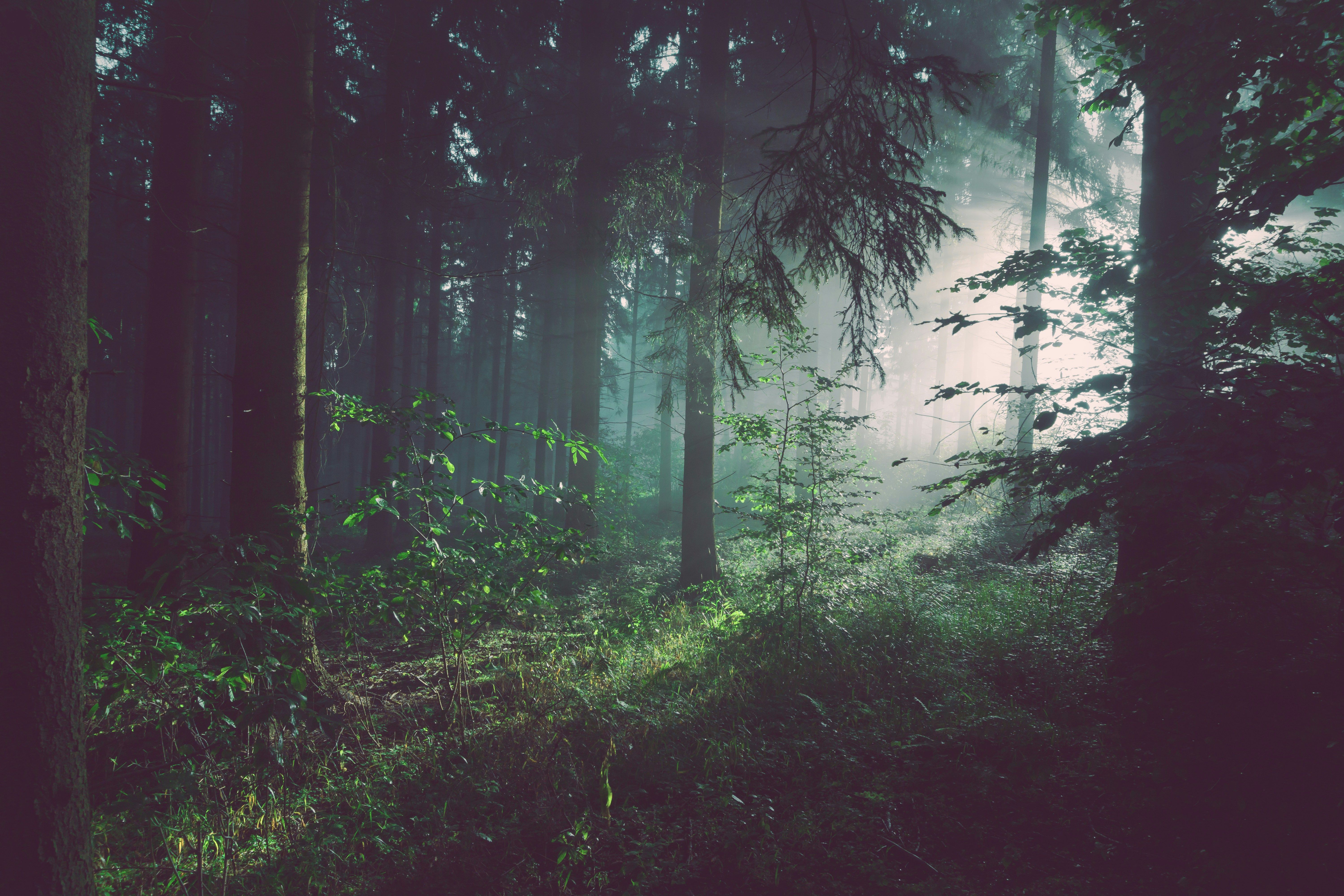Exploring Puglia's Museums for Fun-Filled Family Outings with Children
Exploring Apulia Beyond Beaches and Baroque: A Family Adventure
Apulia, renowned for its pristine coastline and Baroque architecture, offers an abundance of cultural and educational experiences for families with curious children. From interactive museums to archaeological parks, living history museums, and hands-on exhibits, families can immerse themselves in a variety of learning opportunities across the region.
Lecce Children's Museum, located on Via Nicola Foscarini 24, is a perfect starting point for young explorers aged 0.5 to 10. This museum, divided into sensory exhibits, scientific zones, and interactive play stations, encourages free discovery in a 2-hour visit. The museum is open year-round on weekends and hosts special theme events and scientific workshops.
Calimera's Museo di Storia Naturale del Salento, situated on the SP 275 Calimera-Borgagne, focuses on nature, wildlife, and astronomy. This large natural history museum features exhibits on zoology, paleontology, ecology, a vivarium, wildlife park, and planetarium. Children can take part in environmental science labs, hands-on animal-related activities, and space-themed presentations.
Egnazia's Museo Archeologico Nazionale offers insight into Messapian and Roman archaeology. The museum displays artifacts from the Messapian and Roman periods and allows families to explore ancient ruins, providing a tangible connection to the region's rich history.
Parco Astronomico Sidereus in Unguento offers nighttime telescope observation, meteorite touch, planetarium shows, and educational astronomy labs for children. Stargazers can appreciate the cosmos and marvel at the beauty of the universe.
Parco Astronomico San Lorenzo in Casarano offers an astronomical park equipped with a 3D planetarium, telescope observation nights, and solar labs. Family-centered events enable children to build simple rockets, visualize constellations, and explore our solar system in fun and engaging ways.
Museo della Preistoria di Nardo gives an introduction to prehistoric archaeology through local archaeological artifacts. The museum showcases some of the oldest Homo sapiens fossils in Europe from the Grotta del Cavallo.
Italy's largest open-air archaeological park, Kalòs - The Archeodromo of Salento in Caprarica di Lecce, reconstructs prehistoric and Messapian times. Children can engage in practical experiences like striking fire with flint, weaving, grinding grain, and other ancient skills during school visits and family days.
Parco Archeologico di Rudiae in Lecce offers a genuine Roman amphitheater and simulated digs for families to explore and participate in ancient history. Guided tours and family activities bring the past to life.
Museo del Giunco in Acquarica del Capo is a unique museum carved from a medieval castle, dedicated to the traditional art of weaving with marsh reeds. Children can watch craft demonstrations and try weaving simple objects in hands-on labs celebrating Salento's farming heritage.
Grottaglie's Museo della Ceramica displays centuries of Puglia's ceramic art, entertaining children with colors, patterns, and shapes. Families can sometimes book clay modeling workshops and learn traditional techniques.
Museo Archaeologico dei Ragazzi in Nardò is an archaeological museum for children that transforms archaeology into an interactive adventure. With reconstructed dig sites and experimental history labs, children can simulate digs, explore tools, and reenact prehistoric life.
Acquario del Salento in Santa Maria al Bagno houses Mediterranean fish and mollusks. Guided and interactive tours make it easy for children to understand marine ecosystems and creature behavior, often including thematic labs for schools and families.
San Marco in Lamis's Museo Paleontologico dei Dinosauri and Taranto's Museo Archeologico Nazionale di Taranto (MArTA) offer extensive collections of prehistoric and archaeological artifacts. Both museums offer educational programs and labs tailored for children.
Salt production history and environmental education are at the center of the Museo del Sale in Margherita di Savoia. Interactive exhibits and guided tours offer children a practical understanding of this essential industry and its environmental significance.
Apulian museums transcend educational boundaries, incorporating tactile exploration, interactive activities, and meaningful engagements. By traveling through this region with their families, visitors can share moments of awe, curiosity, and connection, turning learning into an adventure. Pack your sense of adventure, your love for discovery, and prepare to be captivated by Apulia's living classroom.
- At the Roman amphitheater in Parco Archeologico di Rudiae, families can experience guided tours and participate in ancient history, making their learning an engaging adventure.
- In the home and garden museum, Museo della Giunco in Acquarica del Capo, children can have hands-on experiences with the traditional art of weaving with marsh reeds, celebrating Salento's farming heritage.
- Space and astronomy enthusiasts will appreciate Parco Astronomico San Lorenzo in Casarano's 3D planetarium, telescope observation nights, and solar labs that offer a fun and interactive learning experience for the entire family.




